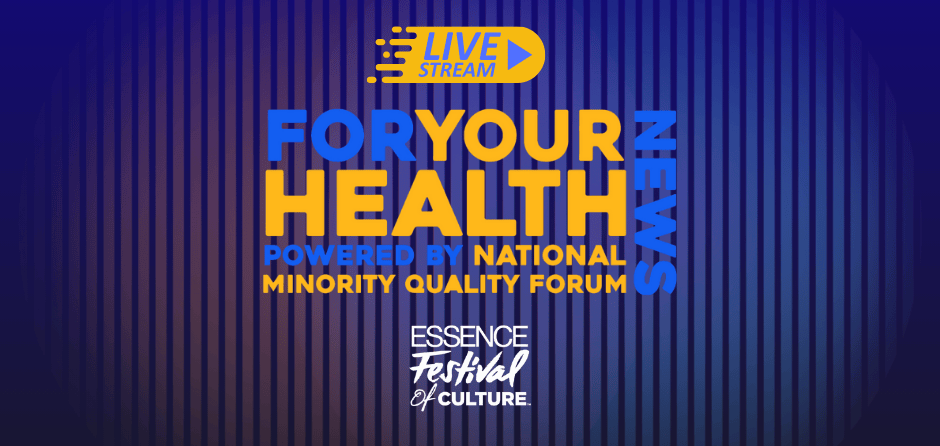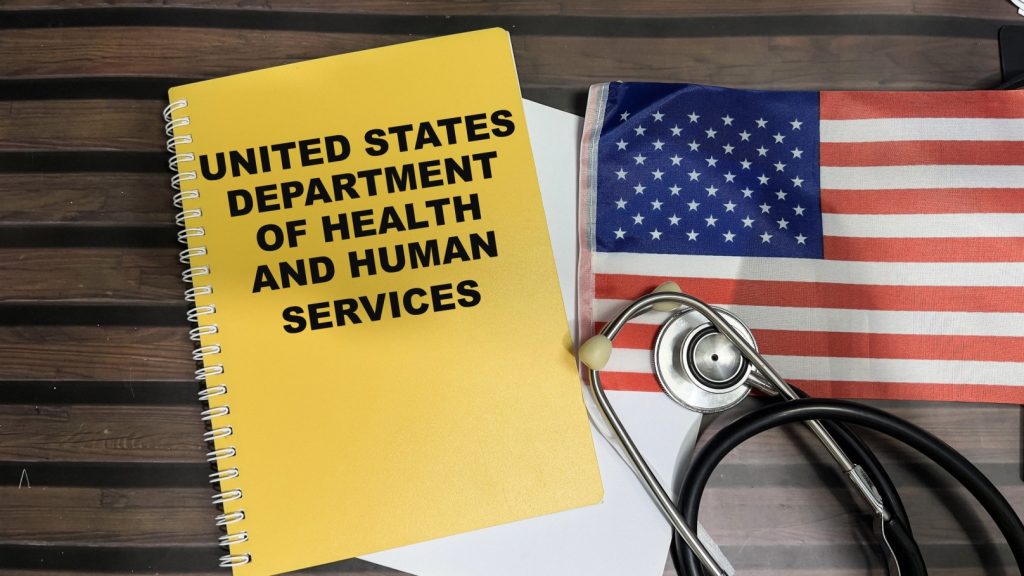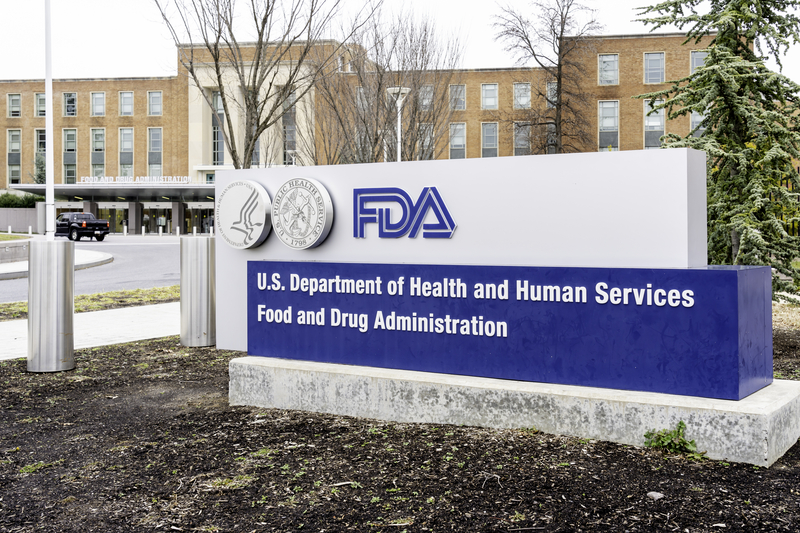lowincome
Budget cuts jeopardize program providing heat pumps for low-income Oregonians
Harold Kettleson has burned wood to heat his Southeast Portland home for decades. The 85-year-old said it’s all he’s ever known.
“I remember mom c...
Food for Cancer Health Equity: A Qualitative Study Among People With Cancer Who Are Low-Income, Latino or Hispanic, Immigrant, and Individuals With...
Purpose:
Food insecurity is prevalent among patients with cancer. Gaps in our understanding of preferences for food assistance among...
Data Shows More Heat Pump Rebates Going to Wealthy Zip Codes Rather than Low-Income Communities
PROVIDENCE — When state officials announced a new heat pump rebate program two years ago, aiming to steer residents away from fossil fuels, they in...
Low-income, minority community redevelopment may reduce obesity disparities
November 13, 2024
2 min read
Add topic to email alerts
...
Achieving Climate Justice for Low-Income Consumers
Afternoon Tea with Olivia Wein & Jenifer BoscoNational Consumer Law Center
The consequences of our planet’s climate crisis–the wildfires, droug...
Oregon’s climate benefit for low-income residents is shrinking
Four weeks before the Oregon Health Authority was set to roll out a highly touted new climate benefit for low-income Oregon Health Plan members, it...
Trending Topics
Features
- Drive Toolkit
Download and distribute powerful vaccination QI resources for your community.
- Health Champions
Sign up now to support health equity and sustainable health outcomes in your community.
- Cancer Early Detection
MCED tests use a simple blood draw to screen for many kinds of cancer at once.
- PR
FYHN is a bridge connecting health information providers to BIPOC communities in a trusted environment.
- Medicare
Discover an honest look at our Medicare system.
- Alliance for Representative Clinical Trials
ARC was launched to create a network of community clinicians to diversify and bring clinical trials to communities of color and other communities that have been underrepresented.
- Reducing Patient Risk
The single most important purpose of our healthcare system is to reduce patient risk for an acute event.
























